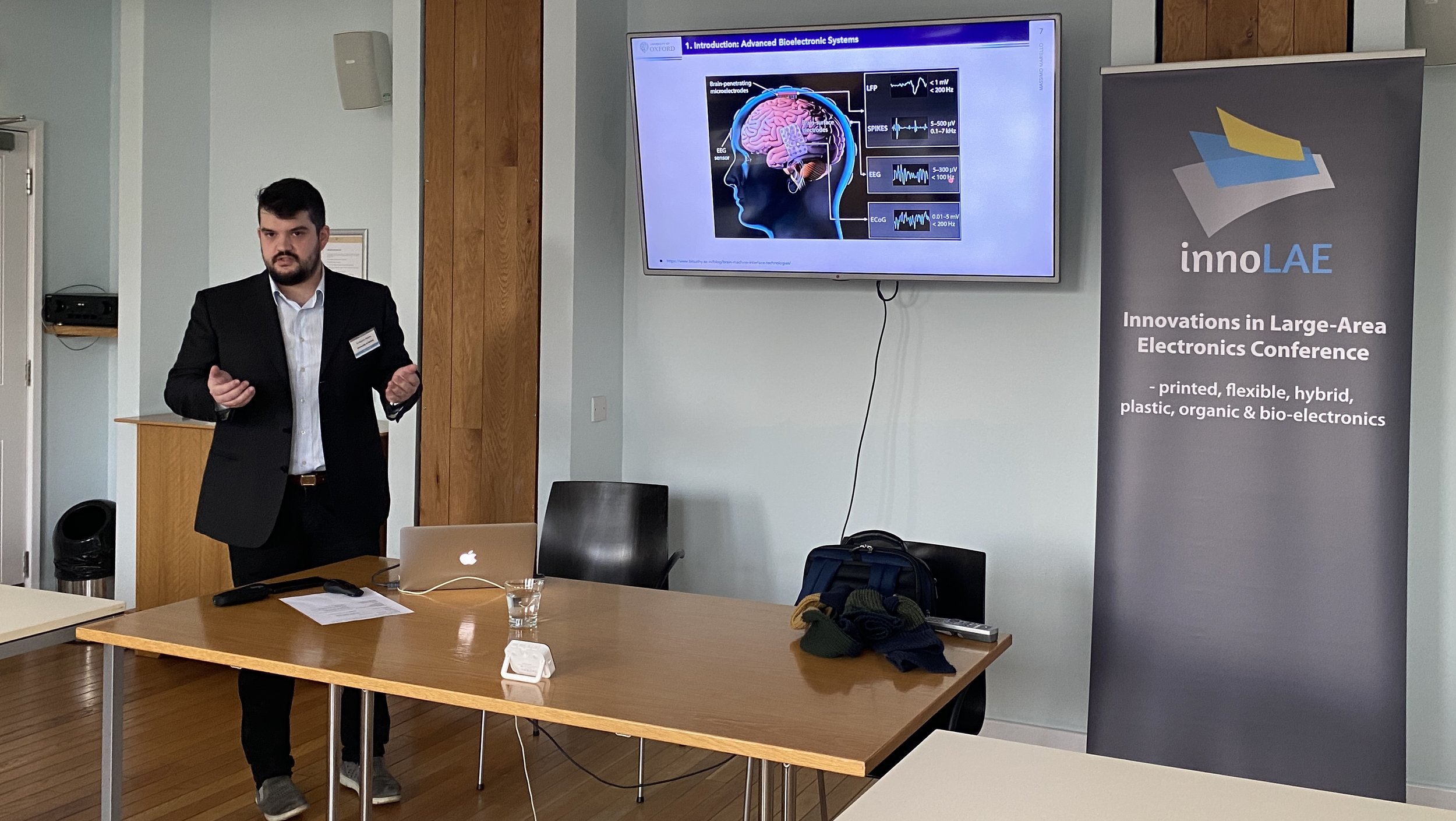Short Course - Reliability of Advanced Bioelectronics: Thin-film Encapsulations and Stability Evaluation
TUESday 17 February 2026
Cripps Court Conference Centre, Magdalene College, Cambridge, UK
COURSE FOCUS
This course will discuss the reliability and stability of advanced bioelectronics, which represent a crucial need for any biomedical application and one of the most discussed hot topics in the scientific community. Bioelectronic systems targeting biomedical and clinical research should combine long-term performance and biointegration in vivo. The next-generation devices are based on ultrathin, soft (flexible or stretchable) materials and they need to be protected with barrier encapsulations. Considerable effort has been put on thin-film encapsulations (TFE), and specifically organic-inorganic multilayer architectures as a flexible and conformal alternative to conventional rigid cans. TFE is in direct contact with the biological medium and thus must exhibit not only biocompatibility, inertness and hermeticity but also mechanical robustness, conformality, and compatibility with the manufacturing of microfabricated devices. The course will delve into the different synthesis techniques for TFE as well as quantitative characterization methods of their barrier and mechanical performances, with a particular emphasis on water-vapor transmission rate through electrical, optical, or electrochemical principles. The integrability and functionalization of TFE into functional bioelectronic interfaces are also discussed. TFE represents a must-have component for the next-generation bioelectronic implants with diagnostic or therapeutic functions in human healthcare and precision medicine.
COURSE OUTLINE
TUESday 17 February 2026
13:00 – 13:30 Registration
13:30 Course begins
Introduction: advanced bioelectronic systems
Bioelectronics for electrical applications
Bioelectronics for optical applications
Bioelectronics for mechanical applications
Reliability and stability of bioelectronics
Definitions (reliability, stability, hermeticity)
Main causes of failures
Electrical failure
Mechanical failure
Architecture/Assembly failure
Connection failure
Evaluation of stability
Packaging solutions
Rigid cans
Soft silicones
Thin-film encapsulations (TFE)
Materials for TFE
Single-layer TFE
Organic films
Physical-Vapor-Deposition (PVD) Inorganic Films
Chemical-Vapor-Deposition (CVD) Inorganic Films
Atomic-Layer-Deposition (ALD) Inorganic Films
Molecular-Layer-Deposition (MLD) Organic and Hybrid Films
Thermally Grown Inorganic Films
Inorganic Multilayer TFE
Hybrid Organic–Inorganic Multilayer TFE
Methods to characterise hermeticity of advanced TFE
Direct Diffusion Methods
Indirect Electrical Methods
Indirect Electrochemical Methods
Indirect Optical methods
Indirect Electromechanical methods
Indirect Mechanical methods
Combining stability and functionality: active encapsulations
17:00 Course ends
COURSE LEADER
Dr Eng. Massimo Mariello, Senior Postdoctoral Research Associate
University of Oxford, UK
Dr Massimo Mariello holds a Bachelor of Science (Industrial Engineering, October 2015), a Master of Science (October 2017) and PhD (May 2021) in Materials Engineering and Nanotechnology at the University of Salento and Italian Institute of Technology (Italy). He worked on flexible nanogenerators based on piezoelectric and triboelectric materials for mechanical energy harvesting and biosensing. As postdoctoral scientist at the École Polytechnique Fédérale de Lausanne (EPFL, Switzerland, 2021-2023), he worked on implantable neuroprostheses and thin-film encapsulations. He developed a universal method for assessing quantitatively and accurately the reliability of barrier coatings and bioelectronic devices, based on the biodegradation of Magnesium thin-film permeability sensors. His research focuses on micro-devices, soft (bio)materials, neural interfaces, translational medicine. He is currently senior postdoctoral research associate at the Institute of Biomedical Engineering (IBME) (Department of Engineering Science, University of Oxford). He is investigating laser-micropatterned advanced bioelectronics and neural interfaces for stimulation and drug delivery. He is member of the Italian Professional Body of Engineers, Standard-Bearer of Labour of the Italian Republic and Enterprise and Innovation Fellow of the Mathematical, Physical and Life Sciences Division of the University of Oxford.


